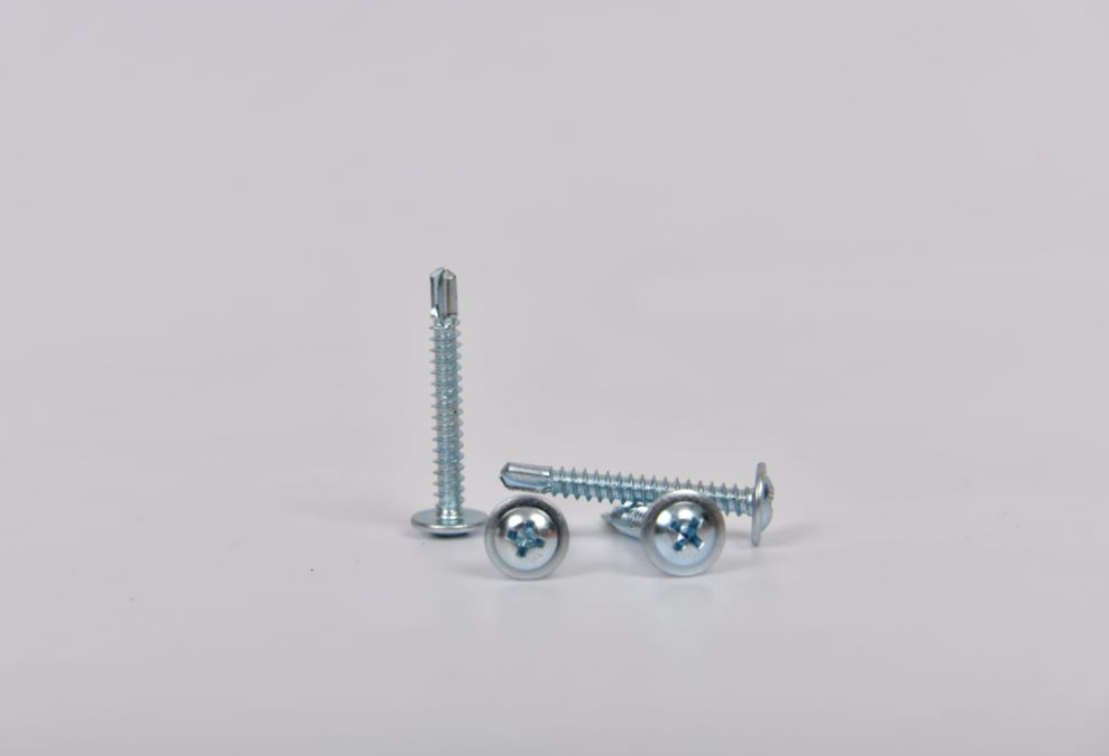Best Practices for Properly Installing Lock Washers to Ensure Maximum Fastening Security
Proper Lock Washer Installation Essential Quotes and Guidelines
Lock washers play a crucial role in ensuring the integrity and stability of fastened joints. By providing additional friction and preventing loosening under dynamic loads, these small components can protect mechanical assemblies from failure. However, for lock washers to perform their intended function, proper installation is key. Let’s explore some essential quotes and guidelines related to lock washer installation that emphasize their importance and methods of application.
“The right bolt and washer combination can be the difference between a reliable assembly and a catastrophic failure.” This quote highlights the significance of selecting the appropriate washer type for your specific application. Lock washers come in various configurations, including split lock washers, tooth lock washers, and conical washers. Each type serves different purposes and is suitable for different loads and conditions. When selecting a lock washer, consider factors such as the materials involved, the environment, and the load conditions.
Proper Lock Washer Installation Essential Quotes and Guidelines
“Torque specifications must be followed meticulously.” This quote speaks to the importance of adhering to specific torque values during installation. Over-tightening can compromise the spring action of the lock washer, while under-tightening may not generate enough friction to keep the joint secure. Using a torque wrench and familiarizing yourself with the appropriate setting for the components you’re working with is essential for maintaining safe and effective connections.
proper lock washer installation quotes

“Regular inspection is key to long-term success.” Implementing regular checks of fastened joints can prevent unexpected failures. When inspecting lock washers, look for signs of wear, deformation, or other damage. If a lock washer has lost its springiness or has visible wear marks, it should be replaced immediately. Routine maintenance is vital, especially in critical applications such as automotive or aerospace sectors, where failure can have serious consequences.
“Education is power when it comes to fasteners.” This quote underscores the need for proper training and knowledge about fastener systems. Understanding the principles of how lock washers function and what conditions necessitate their use can significantly impact the longevity and functionality of assembled products. Training programs and resources should be made available to workers and engineers to promote best practices in lock washer installation and maintenance.
Finally, “A small component can make a huge difference.” This statement encapsulates the essence of lock washers. Despite their size, lock washers are integral to the reliability of countless mechanical systems. Neglecting proper installation or maintenance of these washers can lead to costly repairs or hazardous failures.
In conclusion, the proper installation of lock washers is indispensable for mechanical stability and safety. By following these insightful guidelines and remembering the importance of training, inspection, and adhering to specifications, one can ensure that mechanical assemblies remain strong and reliable over time. This emphasis on detail and diligence not only benefits individual projects but also contributes to the overall safety and performance of numerous applications across industries.
-
Top Choices for Plasterboard FixingNewsDec.26,2024
-
The Versatility of Specialty WashersNewsDec.26,2024
-
Secure Your ProjectsNewsDec.26,2024
-
Essential Screws for Chipboard Flooring ProjectsNewsDec.26,2024
-
Choosing the Right Drywall ScrewsNewsDec.26,2024
-
Black Phosphate Screws for Superior PerformanceNewsDec.26,2024
-
The Versatile Choice of Nylon Flat Washers for Your NeedsNewsDec.18,2024










